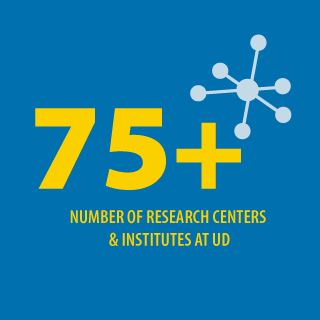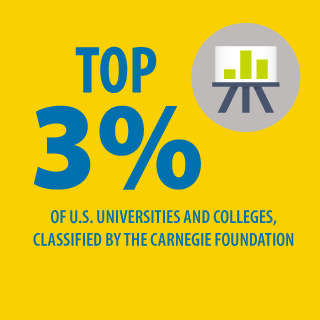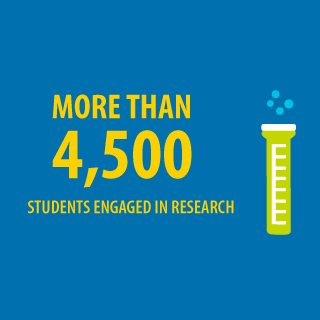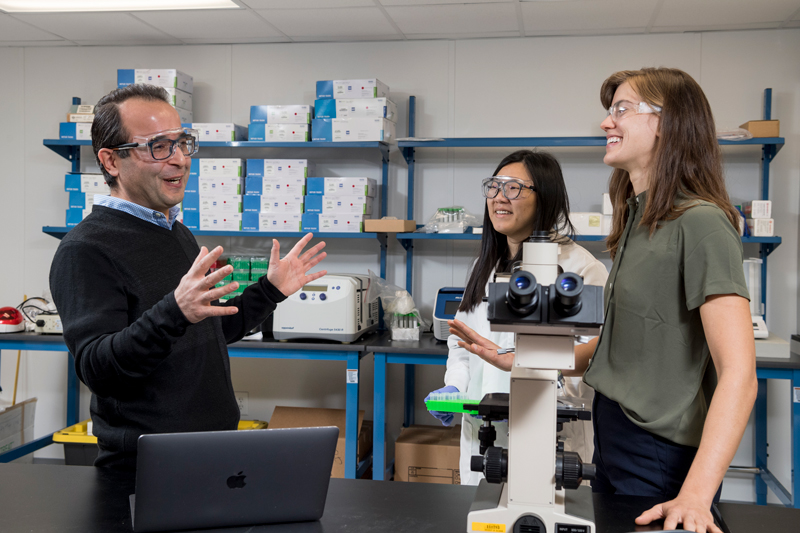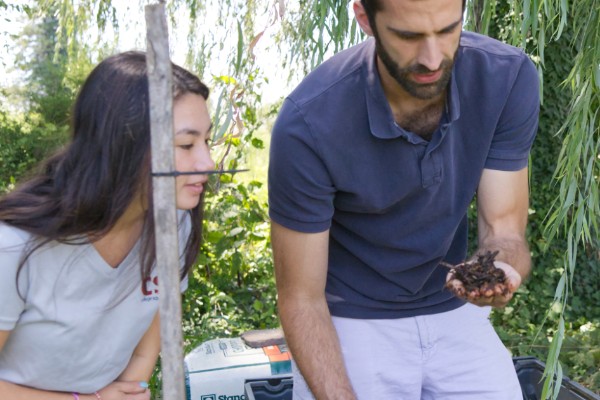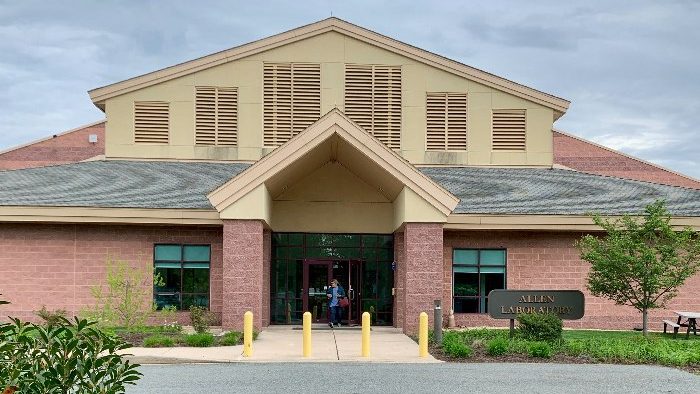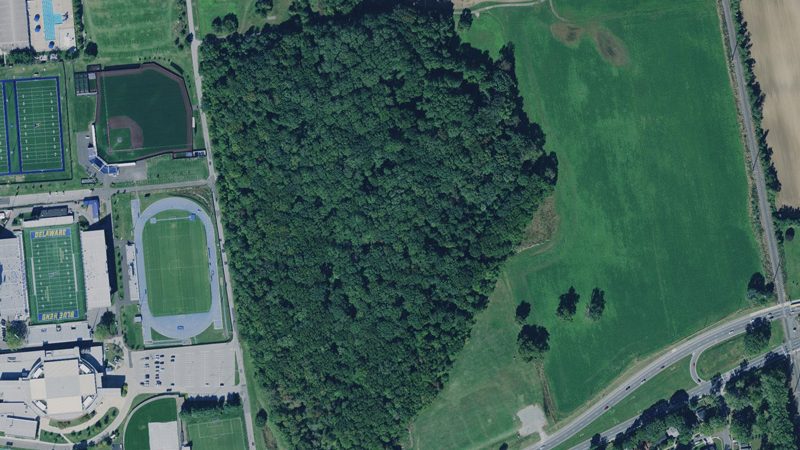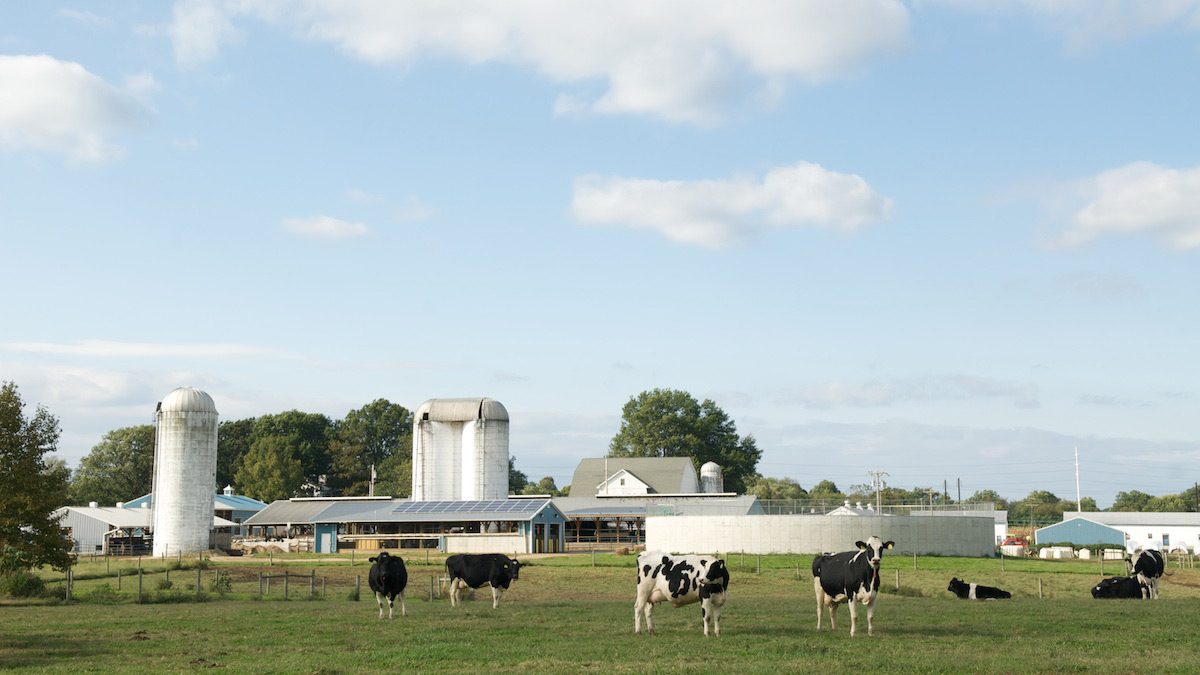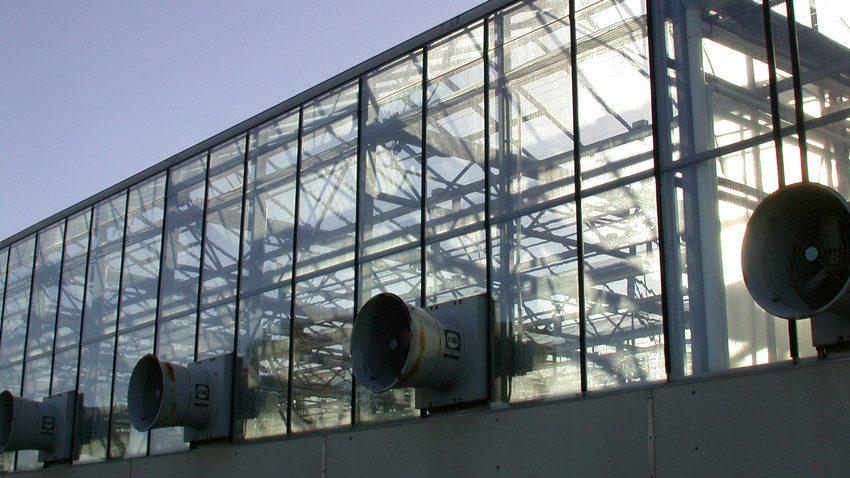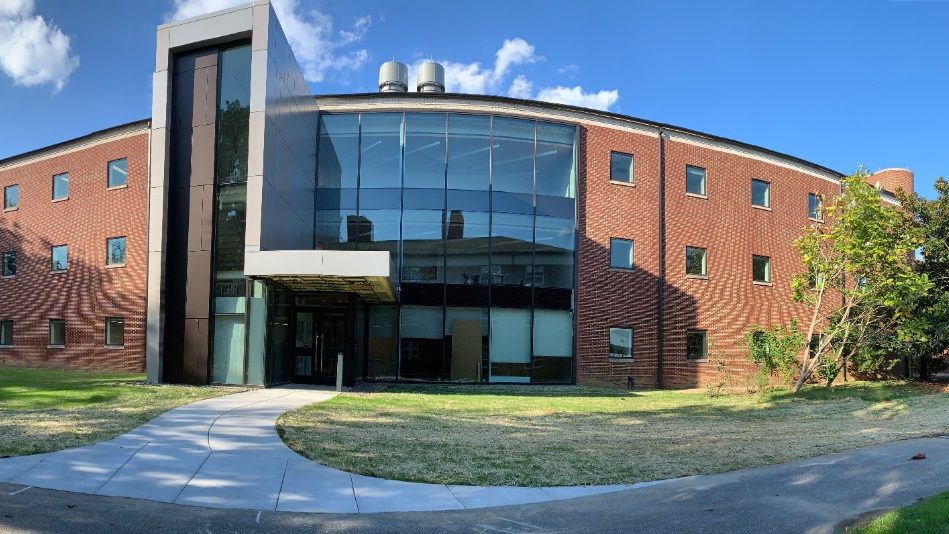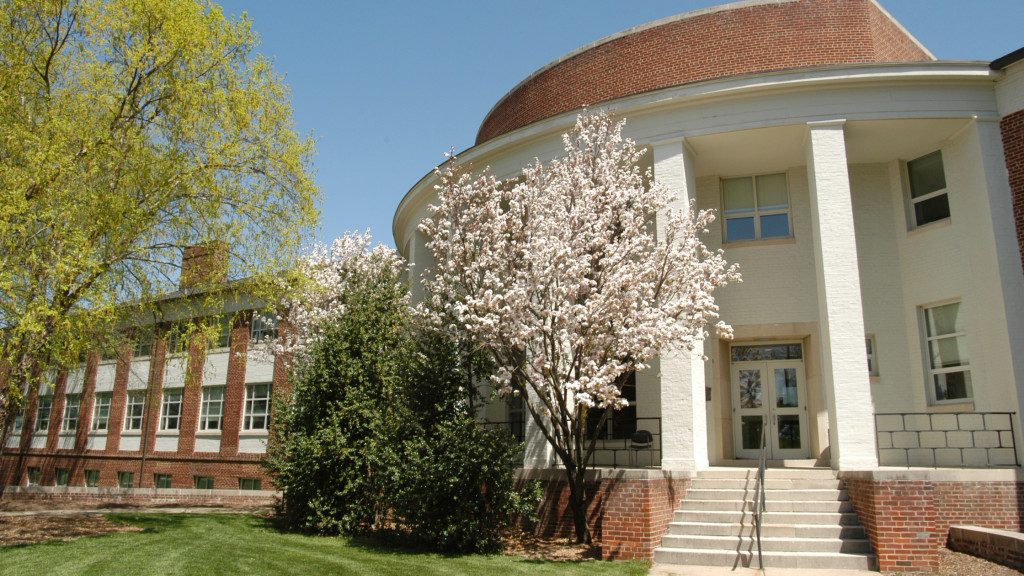
Research and Innovation
Feed the world. Protect the planet.
Extraordinary challenges require extraordinary solutions. For 150 years, the daring innovations of our graduates have shaped the world we know today. Now, we carry on that daring spirit, using cutting-edge technology and scientific advances to envision a better tomorrow.
Focused on identifying and addressing future challenges, students and faculty of the College of Agriculture and Natural Resources are mastering research in five areas of unique strength:
- Climate change impacts, mitigation and adaptation;
- Human dimensions of food, agriculture and natural resources;
- Sustainable food systems, landscapes and ecosystems;
- Genetics and genomics for plant, animal and ecosystem improvement; and
- One Health intersections among animal, plant, human and ecosystem health.
Explore the exciting research we’re leading and the entrepreneurial ecosystem we’re building.
University of Delaware tick research aims to understand host specificity of Lyme disease: youtube.com/embed/videoseries?list=com.synechron.udel.models.functions.SubstrAfter
![]()
UD Research Initiatives
In an age of technology and innovation, the future has never looked more exciting.
Upcoming events
Soil scientist Yan Jin awarded University’s highest faculty honor: youtube.com/watch?v=Rh__5gorAvo
-
Faculty members elected American Association for the Advancement of Science fellows
April 29, 2024 | Written by Tracey BryantTwo University of Delaware professors, Rodrigo Vargas and Deborah Allen, have been elected fellows of the American Association for the Advancement of Science (AAAS) — one of the largest scientific societies in the world and publisher of the Science family of journals. The 2023 class includes 502 scientists, engineers and innovators across 24 disciplines, who are being honored for their scientifically and socially distinguished achievements. -
Decoding rice roots
April 26, 2024 | Written by Nya WynnFrank Linam, a plant and soil sciences doctoral student at the University of Delaware, is studying how the wet soil conditions in flooded rice paddies affect the way the roots take in nutrients and filter out toxins. Linam found that the plaque successfully holds onto the arsenic in various environments and soil types so that it doesn’t make it into the roots. -
Kali Kniel leads the charge in safe food practices globally
April 18, 2024 | Written by Nya WynnUniversity of Delaware faculty member Kali Kniel traveled to Geneva, Switzerland to participate in an expert committee meeting on viruses and food safety with other experts. Joint Food and Agriculture Organization/World Health Organization Expert Meetings on Microbiological Risk Assessment (JEMRA) committees are convened to review the state of science on particular topics and in turn provide information that is useful to global guidance, in this case to improve the control of viruses in food. The group ranked the most prevalent viruses transmitted through food and recommended how countries across the world could help combat outbreaks. -
Recovering the coast
April 16, 2024 | Written by Molly SchaferGraduate student Laura Taylor is testing a new approach to encourage coordination between adjacent homeowners who have become eligible for a flood-related buyout. Full participation in coastal buyouts can protect homeowners from repeated and severe flood risk and restore floodplain functionality. Working with UD Prof. Christina McGranaghan, Taylor conducts her economic experiments at UD’s Center for Experimental and Applied Economics (CEAE). Taylor is funded by the Delaware Sea Grant and a Graduate Research Enhancement Grant from Gerald J. Mangone Climate Change Science and Policy Hub.
Faculty expert spotlights
Faculty Research Expertise
You can search faculty research profiles by using research interest or expertise keywords.
Our campus
